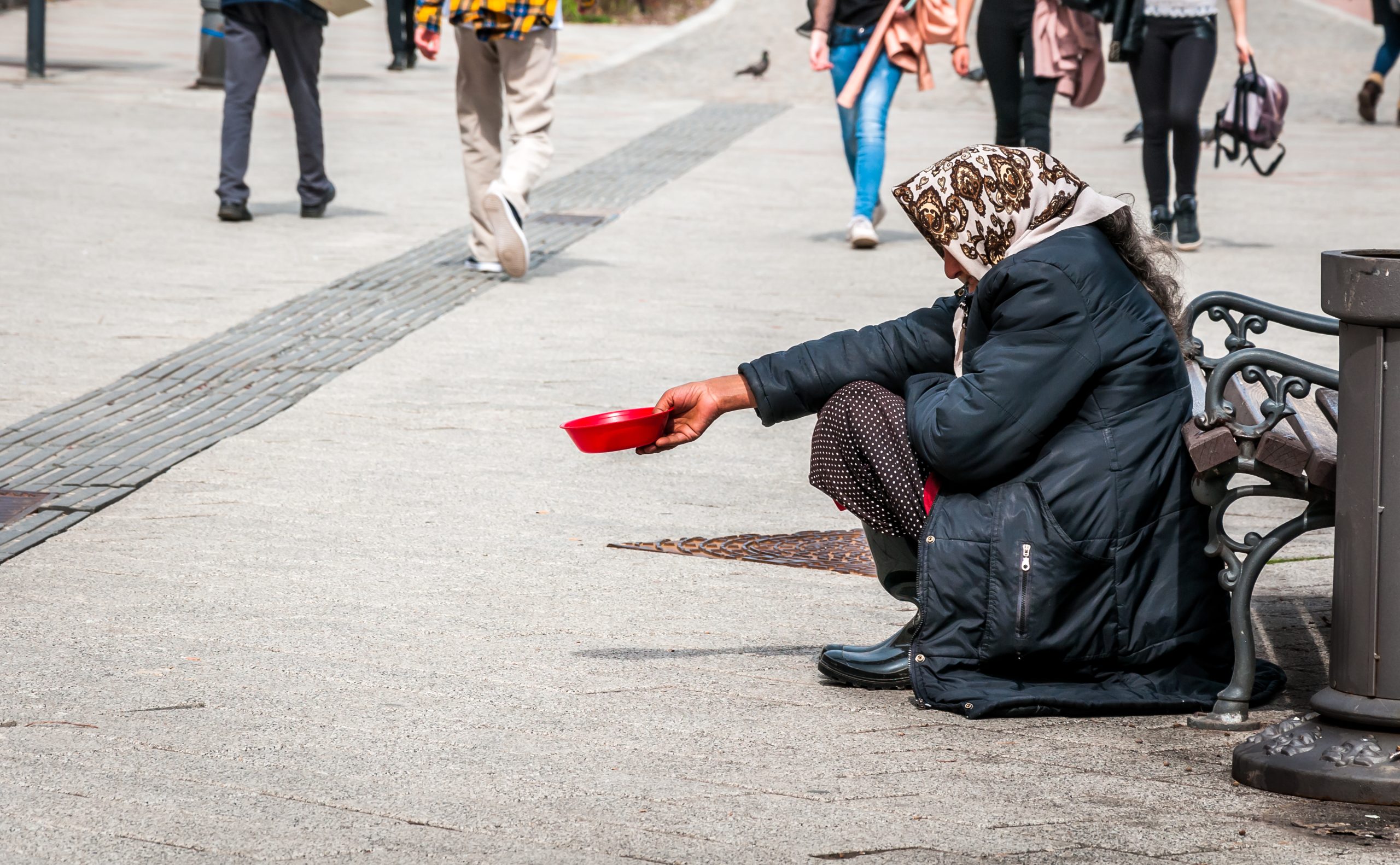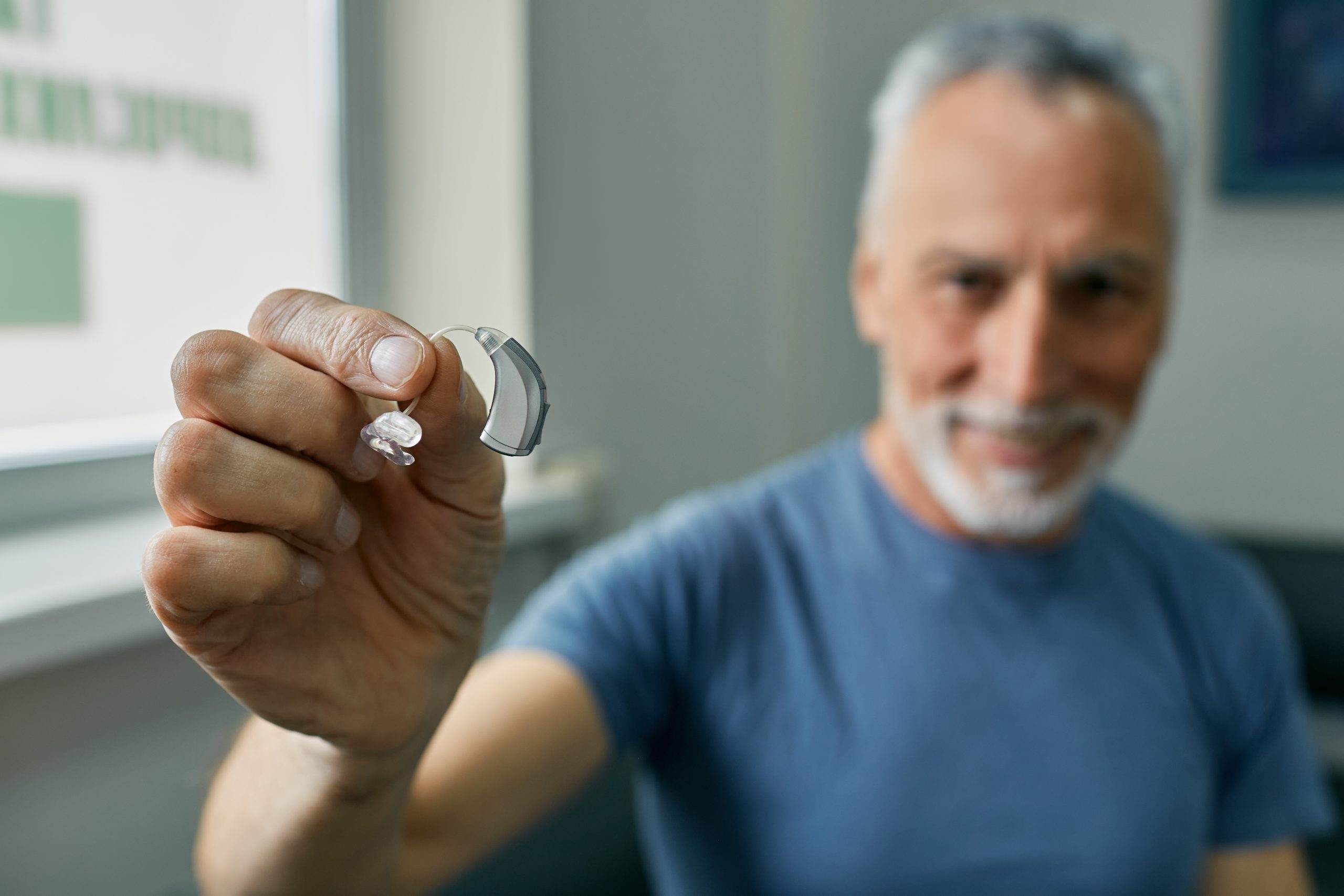As a GP, I witness the profound impact of life circumstances on health outcomes every day. However, few situations are as detrimental to well-being as experiencing homelessness.
People who are homeless often face a double jeopardy: the inherent stress and challenges of their situation coupled with significant barriers to accessing essential healthcare. In fact, most homeless people I see haven’t been to a GP in years, sometimes decades.
Experiencing homelessness exposes people to numerous health risks and difficulty securing basic needs like food and shelter. This leaves little room for prioritising healthcare and this neglect often leads to chronic health conditions, including malnutrition, mental health issues and infectious diseases. Additionally, these individuals frequently lack access to preventative care, leading to complications and increased healthcare costs down the line.
Furthermore, accessing healthcare presents unique hurdles for people experiencing homelessness. Cost remains a significant barrier, followed by a lack of stable housing, transportation and documentation. Stigma associated with homelessness can also further discourage individuals from seeking essential care.
The Mobile GP program, which we launched in December 2023, is an initiative that aims to bridge the healthcare gap for vulnerable residents, particularly those in Ozanam House, a facility supporting individuals aged 50 and above with chronic conditions.
The program has already achieved promising results. 26 residents are now enrolled and receiving essential healthcare. The program has facilitated numerous in-person consultations with medical professionals, with many tele-health appointments for convenient access, as well as physiotherapy sessions to improve residents’ physical wellbeing.
These figures paint a hopeful picture. The Mobile GP program demonstrates the positive impact of bringing healthcare directly to the homeless community, addressing accessibility concerns and offering personalised care.
While the program’s achievements are encouraging, it’s crucial to remember that homelessness remains a complex issue with widespread ramifications. Continued investment in affordable housing, mental health support and social services is vital to truly address the root causes of this problem.
Here are a few ways you can help:
- Donate to organisations supporting the homeless: Your contributions can directly impact initiatives like the Mobile GP program, providing crucial healthcare services to those in need.
- Volunteer your time: Many organisations rely on volunteers to assist with various tasks, such as distributing food, providing companionship or offering administrative support.
- Advocate for systemic change: Raise awareness about the challenges faced by homeless individuals and support policies that promote affordable housing, access to healthcare, and social support programs.
- Challenge societal stigma: Educate yourself and others about the realities of homelessness and combat negative stereotypes. Remember, everyone deserves dignity and respect, regardless of their housing status.
By working together, we can work towards a society where everyone has access to basic necessities, including healthcare, and the opportunity to live a healthy and fulfilling life.
Dr Floyd Gomes

